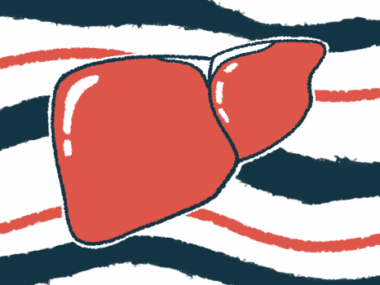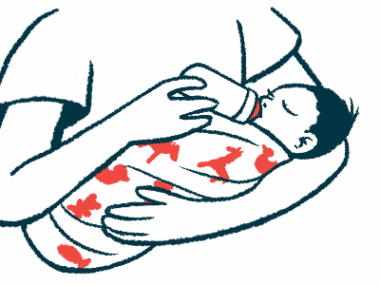Patents covering CM-101, potential PSC therapy, given in Brazil, Israel
Chemomab's infusion treatment in Phase 2a safety trial in adult patients
Written by |

Chemomab Therapeutics has been awarded patents in Brazil and Israel covering CM-101, the company’s experimental therapy that’s currently being tested in a Phase 2a clinical trial for primary sclerosing cholangitis (PSC).
The patent in Brazil broadly covers the use of CM-101 and similar therapies to treat scarring, inflammatory, and autoimmune diseases, with intellectual property protection expiring in 2035. The Israeli patent, which supplements related patents in that country, covers the use of CM-101 in liver diseases and expires in 2038.
“These new patents add to the robust intellectual property protections we have secured for CM-101, with multiple patents issued and allowed in the U.S., European Union, Israel, and other major territories,” Adi Mor, PhD, co-founder, CEO, and chief scientific officer of Chemomab, said in a company press release.
Potential PSC treatment aims to block protein tied to inflammation, scarring
PSC is a rare, progressive liver disease marked by inflammation and scarring (fibrosis) of the bile ducts, a series of tubes that normally carry bile, a digestive fluid, from the liver to the intestines. This can lead to cholestasis, or impaired bile flow, which can eventually damage the liver.
There are no approved treatments for PSC, which affects more men than women.
CM-101 is an antibody-based medication designed to block the activity of CCL24, a protein that’s been shown to play key roles in driving inflammation and scarring.
A recent study led by Chemomab scientists showed that CCL24 levels are increased in the blood of PSC patients and are associated with disease-related mechanisms. In addition, CM-101 treatment was found to reduce liver fibrosis and inflammatory markers in a mouse model of chronic cholestasis.
CM-101 has received orphan drug designation as a potential PSC treatment in the U.S. and the European Union (EU), and fast track designation in the U.S., the company reported in a separate release. These statuses are meant to accelerate the therapy’s clinical development and regulatory review.
68 PSC patients enrolled in global Phase 2a trial of CM-101
The Phase 2a SPRING trial (NCT04595825) is testing CM-101 in 68 adults with PSC affecting large bile ducts, enrolled at sites in the U.S., Europe, and Israel. These people may continue treatment with ursodeoxycholic acid, a medication used off-label for PSC to help reduce cholestasis, if they have been on a stable dose for at least three months.
Participants are randomly assigned to receive either 10 or 20 mg/kg of CM-101 or a placebo, given via an infusion into the bloodstream every three weeks for 15 weeks (about four months).
Those who complete the trial’s placebo-controlled part can enter into an open-label extension, where all will be treated with CM-101 for an additional 33 weeks (about eight months).
The study’s main goal is to assess the safety profile of CM-101 in adults with PSC. Secondary goals include the therapy’s pharmacological properties and its effects on markers of liver health.
Results are expected by midyear, according to Chemomab.
“This is an exciting time at Chemomab as we prepare for the release of topline data from our Phase 2 PSC trial, which offers the first substantial clinical proof-of-concept of CM-101’s therapeutic activity and represents a potential major catalyst for the company,” Mor said.
The company also is evaluating CM-101 as a potential treatment for nonalcoholic steatohepatitis — a severe type of fatty liver disease now known as metabolic dysfunction-associated steatohepatitis — and systemic sclerosis, a chronic autoimmune disease.







